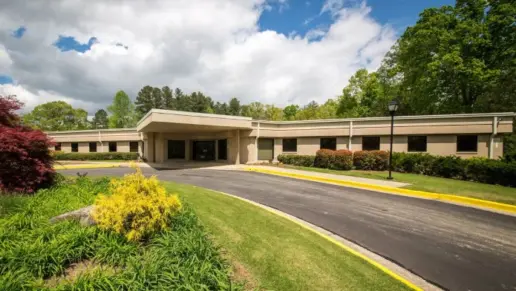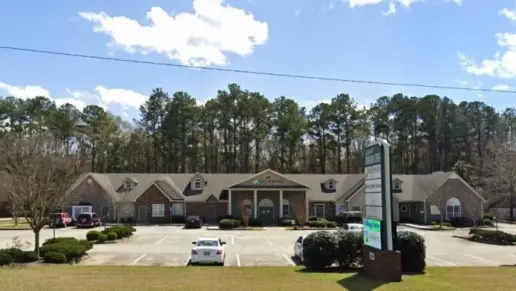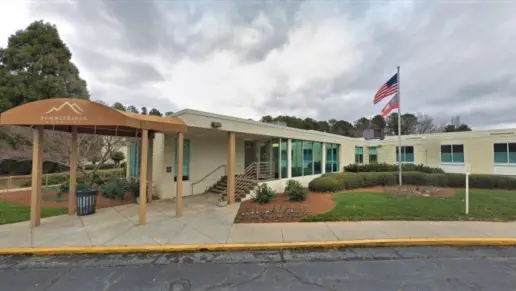About Accelerated Recovery Centers
Accelerated Recovery is an addiction treatment center located in Marietta, GA, that works exclusively with treatment seeking alcohol addicted individuals. This rehab provides luxury accommodations and conducts remote clinical assessments. When staying at an Accelerated Recovery Center, alcoholics can expect a real world environment that utilizes science based programs and employs experienced and licensed clinicians.
Clients attending an Accelerated Recovery Center are not forced to live with stimulant or opiate addicts. This is because this detox center is the only alcohol treatment facility in North America that exclusively treats alcohol dependence.
Their differential diagnosis process covers various assessments, including neurological, genetic, social, biological, and psychological evaluations. To learn more about the three levels of care they provide, have a look below:
The mild residential inpatient treatment program at Accelerated Recovery provides numerous assessments, medical treatment, relapse prevention medications, and up to 45 hours of individual therapy. This treatment option lasts five days and offers three months of continuing care.
The moderate residential inpatient treatment program at Accelerated Recovery offers individuals medical treatment from up to 11 licensed clinician experts. This intensive detox program lasts 12 days and covers up to 75 hours of individual therapy. In addition, this treatment program also offers clients relationship therapy, six months of continuing care, and relapse prevention medications.
The Accelerated Recovery Center’s severe residential inpatient treatment program offers people up to 90 hours of individual therapy and operates for 19 days. This substance abuse program includes numerous assessments, co-occurring treatment, and 12 months of continuing care.
Latest Reviews
Rehab Score
Gallery
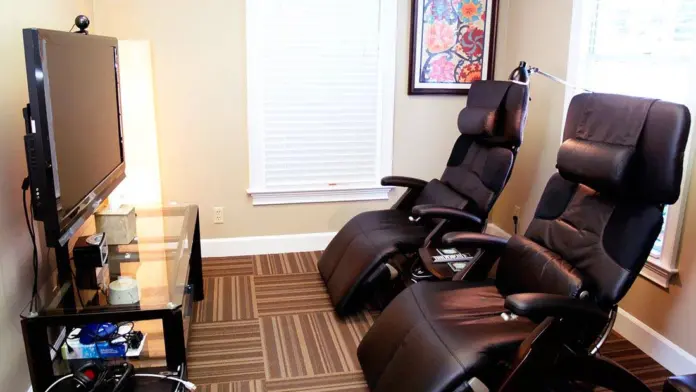
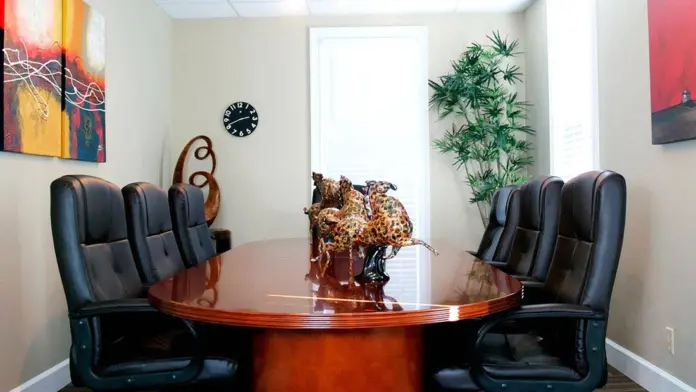
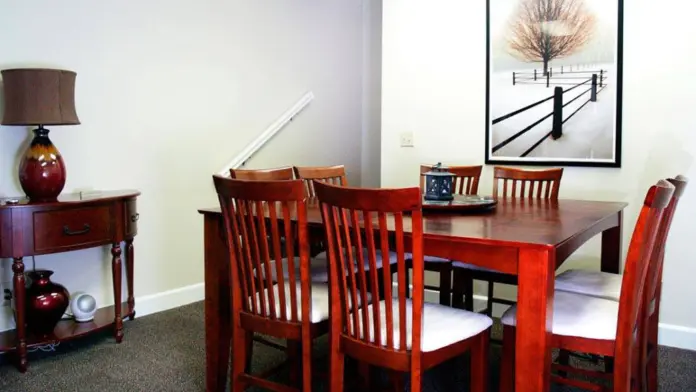
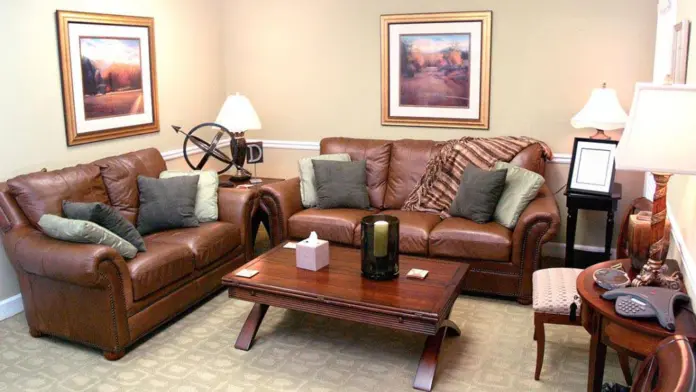
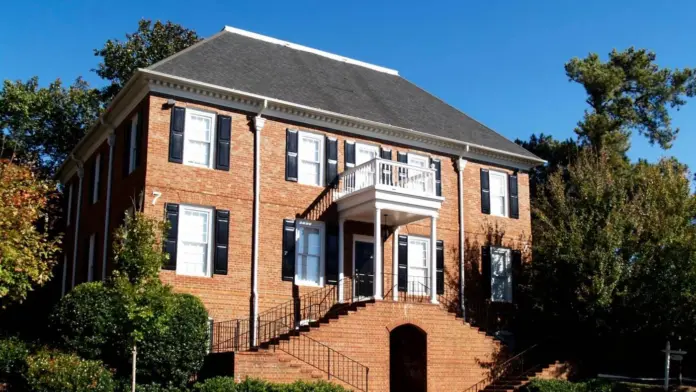
Location
Other Forms of Payment
Private insurance refers to any kind of healthcare coverage that isn't from the state or federal government. This includes individual and family plans offered by an employer or purchased from the Insurance Marketplace. Every plan will have different requirements and out of pocket costs so be sure to get the full details before you start treatment.
Self-pay involves paying for treatment out of your own pocket. You can use savings or credit, get a personal loan, or receive help from family and friends to fund your treatment. If you don't have insurance or your insurance plan doesn't cover a specific program, self-pay can help ensure you still get the care you need.
Medicare is a federal program that provides health insurance for those 65 and older. It also serves people under 65 with chronic and disabling health challenges. To use Medicare for addiction treatment you need to find a program that accepts Medicare and is in network with your plan. Out of pocket costs and preauthorization requirements vary, so always check with your provider.
Medicaid is a state based program that helps lower-income individuals and families pay for healthcare. Medicaid covers addiction treatment so those enrolled can use their coverage to pay for rehab. When a program accepts Medicaid the client often pays very little or nothing out of their own pocket.
Addiction Treatments
Levels of Care
Treatments
The goal of treatment for alcoholism is abstinence. Those with poor social support, poor motivation, or psychiatric disorders tend to relapse within a few years of treatment. For these people, success is measured by longer periods of abstinence, reduced use of alcohol, better health, and improved social functioning. Recovery and Maintenance are usually based on 12 step programs and AA meetings.
A quality drug rehab in Georgia can help you overcome addiction. This environment is designed to help you address the complex issues contributing to drug dependence. The goal of treatment is to give you the tools you need to make a full recovery.
Opioid rehabs specialize in supporting those recovering from opioid addiction. They treat those suffering from addiction to illegal opioids like heroin, as well as prescription drugs like oxycodone. These centers typically combine both physical as well as mental and emotional support to help stop addiction. Physical support often includes medical detox and subsequent medical support (including medication), and mental support includes in-depth therapy to address the underlying causes of addiction.
Substance rehabs focus on helping individuals recover from substance abuse, including alcohol and drug addiction (both illegal and prescription drugs). They often include the opportunity to engage in both individual as well as group therapy.
Programs

Clinical Services
Whether a marriage or other committed relationship, an intimate partnership is one of the most important aspects of a person's life. Drug and alcohol addiction affects both members of a couple in deep and meaningful ways, as does rehab and recovery. Couples therapy and other couples-focused treatment programs are significant parts of exploring triggers of addiction, as well as learning how to build healthy patterns to support ongoing sobriety.
Research clearly demonstrates that recovery is far more successful and sustainable when loved ones like family members participate in rehab and substance abuse treatment. Genetic factors may be at play when it comes to drug and alcohol addiction, as well as mental health issues. Family dynamics often play a critical role in addiction triggers, and if properly educated, family members can be a strong source of support when it comes to rehabilitation.
Group therapy is any therapeutic work that happens in a group (not one-on-one). There are a number of different group therapy modalities, including support groups, experiential therapy, psycho-education, and more. Group therapy involves treatment as well as processing interaction between group members.
In individual therapy, a patient meets one-on-one with a trained psychologist or counselor. Therapy is a pivotal part of effective substance abuse treatment, as it often covers root causes of addiction, including challenges faced by the patient in their social, family, and work/school life.
Amenities
-
Residential Setting
-
Private Setting
-
Private Rooms
Staff & Accreditations
Staff

President & CEO

Senior VP

Clinical Director/Schema Therapy

Medical Director
Accreditations

LegitScript has reviewed Accelerated Recovery Centers as part of their certification program, and has determined that it meets the LegitScript standards for legality, safety and transparency.
LegitScript verified in

The Substance Abuse and Mental Health Services Administration (SAMHSA) is a branch of the U.S. Department of Health and Human Services. Established in 1992 by congress, SAMHSA's mission is to reduce the impact of substance abuse and mental illness on American's communities.
SAMHSA Listed: Yes
Contact Information
1640 Powers Ferry Rd #300
Marietta, GA 30067
